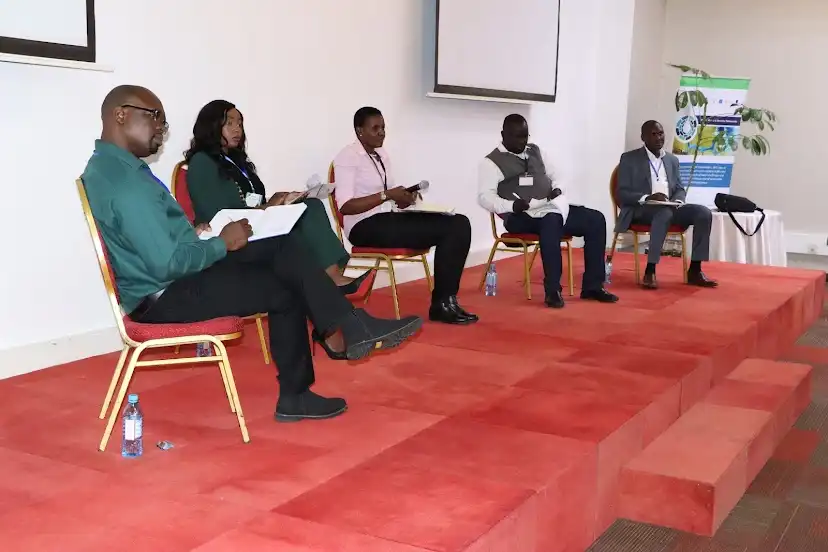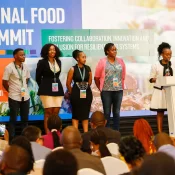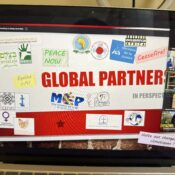
Learning Event on Climate, Water, Peace and Security
The Africa Centre for Sustainable and Inclusive Development (Africa CSID) actively participated in a significant learning event centred on promoting integrated, inclusive, and informed strategies to address water-related peace and security risks in Turkana County. Organized by International Alert and Wetlands International, the event aimed to consolidate best practices from their Water, Peace and Security nexus work both at the local level in Turkana County and the national level. Diverse stakeholders engaged in reflective discussions, aiming to identify valuable lessons, emerging themes, and best practices for the effective implementation of context-appropriate, integrated, and inclusive approaches to mitigate water, peace, and security risks in Turkana and beyond.
Among the expert panellists, Africa CSID’s Executive Director, Salome Owuonda, contributed her expertise as a Climate and Gender Expert. Her presentation primarily focused on the intricate interplay between climate, water, security, and gender in Kenya, particularly within Turkana County. The emphasis was on adopting an intersectionality approach to comprehend the varying impact of climate on water and how it affects different gender groups, thereby highlighting the necessity of incorporating gender-responsive peacebuilding processes and policies. Emphasizing the livelihood approach as a pivotal catalyst for Climate Security, she found inspiration in the words of former United States Senator Pat Roberts, who once asserted, “Show me a nation that cannot feed itself, and I’ll show you a nation in chaos.” She passionately declared, “Show me a community that cannot feed itself, and I’ll show you a community in chaos.” Salome reminded stakeholders that the climate, water, peace, and gender nexus is a nonlinear and complex phenomenon.
This learning event represented one of several activities conducted under the Water, Peace, and Security (WPS) partnership. The WPS partnership is a collaborative effort between the Netherlands Ministry of Foreign Affairs and a consortium of six partners, including IHE Delft (lead partner), World Resources Institute (WRI), Hague Center for Strategic Studies, Deltares, Wetlands International, and International Alert. The overarching objective of WPS is to transform the detrimental cycle of water-related conflicts into a virtuous cycle of water cooperation and peace.



